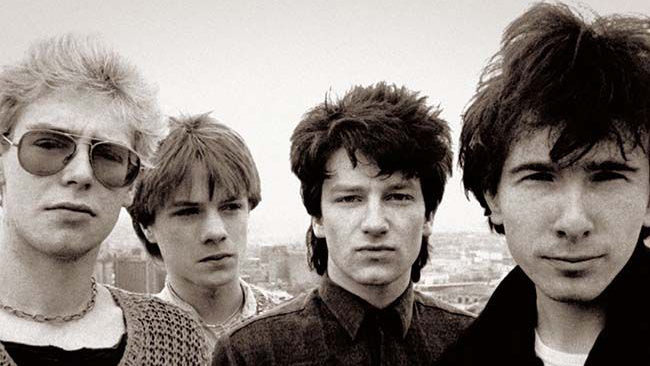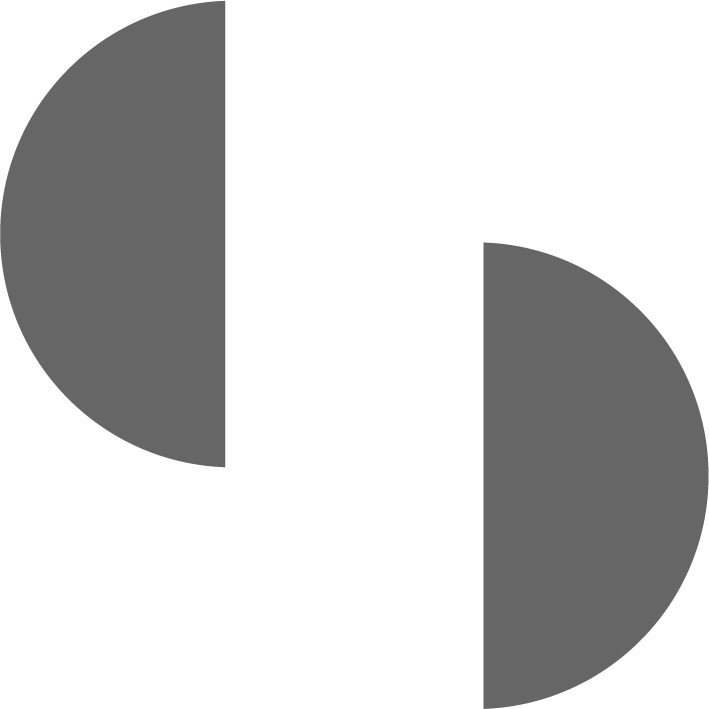Album Essentials: U2 "War"

By Dave Swanson - Summit FM Contributor
After a few early singles, U2 made themselves known on a larger scale with their incredible debut album, 'Boy,’ in the fall of 1980. From the first shimmering notes of 'I Will Follow,' it was clear there was more going on here than your average 'rock' band. Despite using the same tools: guitar, bass, drums, and vocals, these four young Irishmen had rapidly developed a sound of their own. Taking inspiration from various 'post punk' bands, as well as more traditional classic rock, U2 set their sights on the world.
A sophomore effort, 'October,' saw the light of day a year later, in late 1981. It followed much the same path as the debut but to slightly lesser return. In between 'October' and the next effort, they released a key non-LP single, 'A Celebration.' The single, though not radically different, did provide a slightly modified take on the U2 sound. Production once again came from Steve Lillywhite, who had handled the first two albums, and would continue, on some level, to be involved with the band for years to come. 'A Celebration' had a more brash, less ethereal style overall, a bit more ragged and raw. They would take this approach with them as they worked on 'War.'
One noticeable change right off was in the sound of the Edge's guitar. On 'War' it became a bit harsher, more forceful and less involved with effects. "I'm bringing what I did on the album ‘War’ to its ultimate conclusion," guitarist the Edge said in a 1983 interview, "trying really, really clean sounds. I think it should be interesting." Vocalist Bono was quick to state the band's approach on the new album. "We made a very conscious decision not to mellow out our sound," he said. "We didn't say this is a punk rock group, but we said this is an aggressive rock and roll group, and we're sick and tired of all the sideshows where people talk about everything but the music, they see us in some social context, but I'd like them to just listen to the music for a while because that's why we're here."
The albums opens with the defiant battle sounds of 'Sunday Bloody Sunday,' which sets the tone for what is to follow. With its marching rhythm, it is as if they are off into battle. A brief pivot with 'Seconds,' before they kick into the album's first single, 'New Year's Day,' one of a couple songs that retain some of the, as the band called it, "cinematic sound" of the first two albums. Elsewhere 'Like A Song,' and 'Two Hearts Beat As One,' present variations on this new U2 approach. They bring to the table, not only a harder edge, but a bit of soul inflection and commanding rhythmic foundation, as found on 'Red Light' and 'The Refugee.' This was a refreshing and forward looking U2. "We wanted to make that clear with this LP," adds Bono. "We wanted to make a loud LP!"
The critics were torn. The NME calling much of 'War' "hapless, dated Clash style agit-pop" and declaring it "hog tied and ham-fisted," while Rolling Stone made the Clash comparison with a positive spin, saying. "the songs here stand up against anything on the Clash's 'London Calling' in terms of sheer impact" and praising the band for its "passion and commitment." Critic’s observations aside, the public loved the album, scoring a number one in the UK, and sending it to No. 12 in America, easily making it their highest charting LP to that point, ultimately selling multi-platinum.
The years have been kind to 'War.' It has remained a cornerstone of the U2 catalog since its release back in 1983. For many, it was the first time they heard the band and thus holds a special place in the hearts and minds of many fans. It is not only an essential U2 LP, but an essential LP of the 1980s and alt rock in general.






